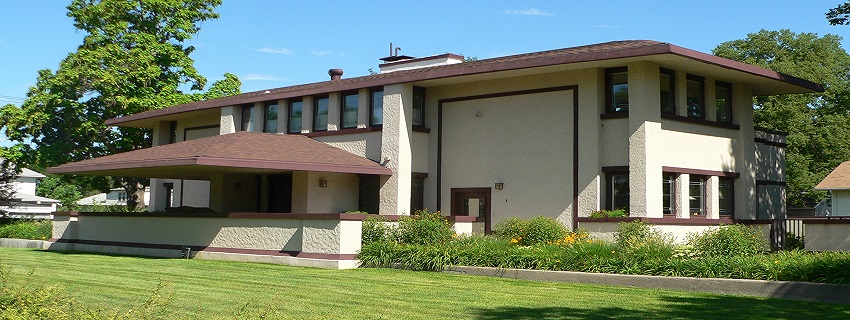Strapped for Cash? Know the Different Ways to Leverage Your House
Sachin and Preeti both work in a private firm in Mumbai. Apart from his regular job Sachin also runs a small fitness centre. Like every person’s life, Sachin’s life is also ebbing out certain challenges for him to deal with. A bunch of investments going wrong together have brought down his reserves remarkably and the sudden requirement of funds for his side business has brought him to a crunch situation. At the same time Preeti wants to renovate the house but doesn’t have sufficient fund. All they can really count on right now is the house which they bought around 10 years ago.
As an investment, real estate is a profitable choice. However, more than that, there are other ways that an occupied house can come to your rescue when there are few options left. If cash is the need of the hour, may it be improvement of the house or some other purpose following some of the following means may help to deal with the crisis.
Home Equity Top-up Home Loan
Top-up loan facility can be availed for any purpose other than speculative. This is a safe choice to make since such a loan covers diverse requirements such as business expenses, medical expenses, expenses on children’s education and marriage, etc. Such a loan can only be applied for against the assurance of residential property. Repayment period for top-loan will be the same as the balance term for underlying Home Loan account. Banks offer up to 75% of present market value of the house property less present outstanding in the Home Loan account.
Home Improvement Loan
The utility of home improvement or renovation loan is bound tointernal and external repairs of the house or extension of the present property by constructing an additional storey. The loan can be disbursed up to 100% of the cost of construction or extension but subject to 80% of the market value of the property. The loan usually has a repayment term of 15 years or retirement age of borrower, whichever is earlier.
Short-term Bridging Loan
As the name suggests, such a loan is meant for the interim period between the sale of an existing house property and buying a new one. The amount borrowed may vary between 75-80% of the cost of the sought property and the tenure is up to two years.
Loan against Rent Receivables
In such a type of loan, the borrower could utilise the amount of loan for basically any purpose such as commercial activity, repayment of existing loan or education and marriage expanses etc. If the borrower has given a commercial or residential property out on rent and the same is securitised by the bank as the rent receivables, banks or financial institutions may pay him/her the entire amount of rent for a stipulated period (for example the entire amount of rent for the next 2 years) against the monthly rent being paid directly to the bank.
Loan against Property with Overdraft facility
This scheme is designed to cater to the need of the business community for meeting their short term working Capital requirements such as Purchase of raw materials, payment of salary, wages, etc.The loan can be granted up to 65% of the value of the property. The facility is repayable on demand and renewable once in a year at the discretion of the bank.
EARNEST MONEY DEPOSIT (EMD) SCHEME
Many Housing development authorities or housing board like Maharshtra Housing and Area Development Authority (MHADA), Delhi Development Authority (DDA) or HARYANA URBAN DEVELOPMENT AUTHORITY (HUDA)come out with schemes for allotment of plot or flat where in applicant has to deposit 10% -20% of the property cost as margin money. Some banks provide loan against allotment letter without any security. There are no minimum income criteria but the applicant should have regular source of income.
Reverse Mortgage
Reverse Mortgage scheme is a boon for senior citizens having inadequate income after their retirement. The scheme enables senior citizens above 60 years of age to avail of periodical payments from the bank or other financial institution against the mortgage of their property. Ownership remains with the borrower and they can live in the house throughout their life. The borrower senior citizen can go for monthly, quarterly, half-yearly, annual or a lump-sum payment option. After the death of the owner or in case he or she want to leave the house property permanently bank will take possession and sell the property to recover their dues. The heir of the borrower also have the option to repay the loan along with accumulated interest anytime on or before the death of the borrower and have the mortgage released without resorting to sale of the property.
These are among the many ways you could wisely reap cash from your existing property in case a crisis strikes.




